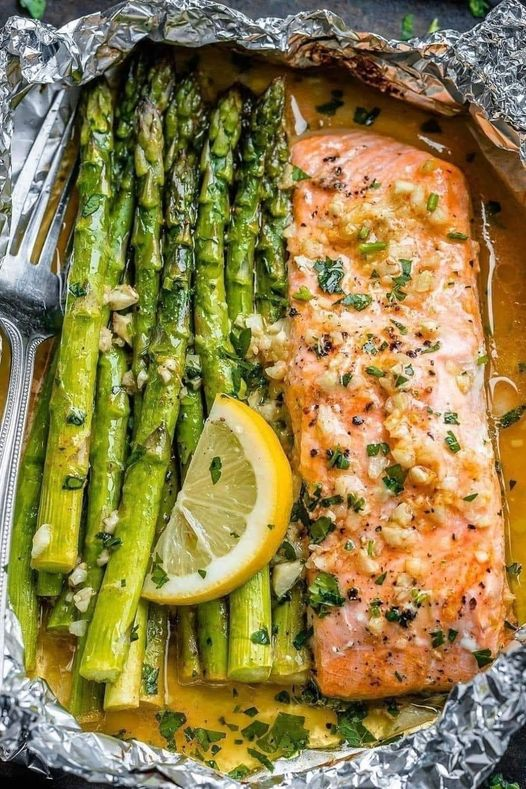Gut Health:
Plant-based diets are often associated with improved gut health due to the high fiber content from fruits, vegetables, and whole grains. A healthy gut microbiome is linked to better digestion and overall well-being.
Anti-Inflammatory Properties:
Many plant-based foods have anti-inflammatory properties, which can help in reducing inflammation in the body. Chronic inflammation is associated with various health issues, and a vegan diet may contribute to its prevention.
Sports Performance:
Contrary to the misconception that vegan diets lack protein, many successful athletes follow plant-based diets to enhance their performance. Plant-based proteins can support muscle building and recovery.
Reduced Risk of Foodborne Illnesses:
Plant-based diets eliminate the risk of foodborne illnesses associated with the consumption of undercooked or contaminated animal products.
Economic Impact:
A vegan diet can be more economical as plant-based protein sources tend to be cost-effective compared to some animal products. It may be a budget-friendly option for individuals or families.
Mindful Eating:
Adopting a vegan lifestyle often promotes mindful eating. Being more conscious of food choices and sources can lead to a healthier relationship with food and a greater appreciation for the environmental impact of dietary decisions.
Preservation of Biodiversity:
The expansion of animal agriculture often leads to habitat destruction and loss of biodiversity. Choosing a vegan diet supports the preservation of ecosystems and the protection of various species.
Culinary Diversity:
Veganism introduces individuals to a diverse range of cuisines and ingredients from around the world. Exploring plant-based cooking can be a culinary adventure, embracing flavors and techniques from different cultures.
Reduced Antibiotic Resistance:
The use of antibiotics in animal farming contributes to the rise of antibiotic-resistant bacteria. Opting for a vegan diet can be a way to reduce the demand for such practices and promote responsible antibiotic use.
Cruelty-Free Beauty and Personal Care:
Veganism extends to beauty and personal care products. Choosing cruelty-free, vegan alternatives ensures that your lifestyle aligns with ethical choices beyond just dietary preferences.
Introducing a vegan twist on the classic Baked Salmon in Foil with Asparagus—an innovative and delectable plant-based recipe that captures the essence of the original while offering a cruelty-free alternative. As the demand for sustainable and compassionate food choices continues to rise, this vegan version provides a flavorful and satisfying option for those seeking to align their diet with ethical and environmental considerations.
In the heart of this culinary creation is the artful substitution of traditional salmon with a plant-based alternative. The use of marinated and baked tofu or tempeh serves as the perfect canvas to absorb the savory flavors and textures reminiscent of the beloved seafood dish. This not only caters to the growing vegan community but also demonstrates the versatility and adaptability of plant-based ingredients in recreating classic recipes.
The star of the show, asparagus, lends its vibrant color and earthy flavor to this plant-powered rendition. Asparagus not only complements the vegan protein choice but also adds a nutritional boost with its rich array of vitamins and minerals. The unique combination of asparagus and the plant-based protein brings a harmonious balance to the dish, creating a symphony of flavors that will tantalize the taste buds of both vegans and non-vegans alike.
Embracing the eco-friendly ethos of the vegan lifestyle, the Baked Vegan Salmon in Foil with Asparagus minimizes its environmental footprint. By forgoing animal products, this recipe contributes to reduced greenhouse gas emissions, deforestation, and water consumption associated with conventional meat production. Choosing plant-based options is a delicious way to promote sustainability and show that ethical eating can go hand in hand with culinary excellence.
Beyond its ethical and environmental merits, this vegan dish offers a hassle-free cooking experience. The use of foil packets simplifies the preparation process, allowing for easy cleanup and minimal kitchen time. This makes the recipe not only a palate-pleaser but also a practical choice for busy individuals looking to enjoy a wholesome and homemade meal without sacrificing time or flavor.
In conclusion, the Vegan Baked Salmon in Foil with Asparagus stands as a testament to the culinary creativity and ethical consciousness that characterize modern plant-based cuisine. Whether you are a dedicated vegan or a curious omnivore, this dish invites you to explore the vast and delicious world of compassionate cooking, proving that cruelty-free choices can be as indulgent and satisfying as their traditional counterparts.
Vegan Baked Salmon in Foil with Asparagus

Ingredients:
For the “Salmon”:
- 4 large slices of watermelon radish (about 1/2 inch thick)
- 4 sheets of aluminum foil
For the Marinade:
- 3 tablespoons soy sauce or tamari
- 2 tablespoons olive oil
- 1 tablespoon lemon juice
- 1 tablespoon maple syrup
- 1 teaspoon smoked paprika
- 1 teaspoon garlic powder
- Salt and pepper to taste
For the Asparagus:
- 1 bunch of asparagus, trimmed
- 1 tablespoon olive oil
- Salt and pepper to taste
Instructions:
- Preheat your oven to 375°F (190°C).
- In a small bowl, whisk together all the marinade ingredients until well combined.
- Place each watermelon radish slice on a separate sheet of aluminum foil large enough to wrap the radish completely.
- Brush the radish slices generously with the marinade, making sure to coat both sides. Reserve some marinade for basting later.
- Wrap the radish slices securely in the foil, creating individual packets.
- In a separate bowl, toss the trimmed asparagus with olive oil, salt, and pepper.
- Place the asparagus on the foil alongside the “salmon” packets.
- Place the foil packets on a baking sheet and bake in the preheated oven for about 20-25 minutes or until the asparagus is tender.
- During the last 10 minutes of baking, open the foil packets and baste the “salmon” slices with the reserved marinade.
- Once the “salmon” slices are tender and have absorbed the flavors, remove them from the oven.
- Serve the vegan “salmon” slices with the roasted asparagus. You can garnish with fresh herbs like dill or parsley if desired.
